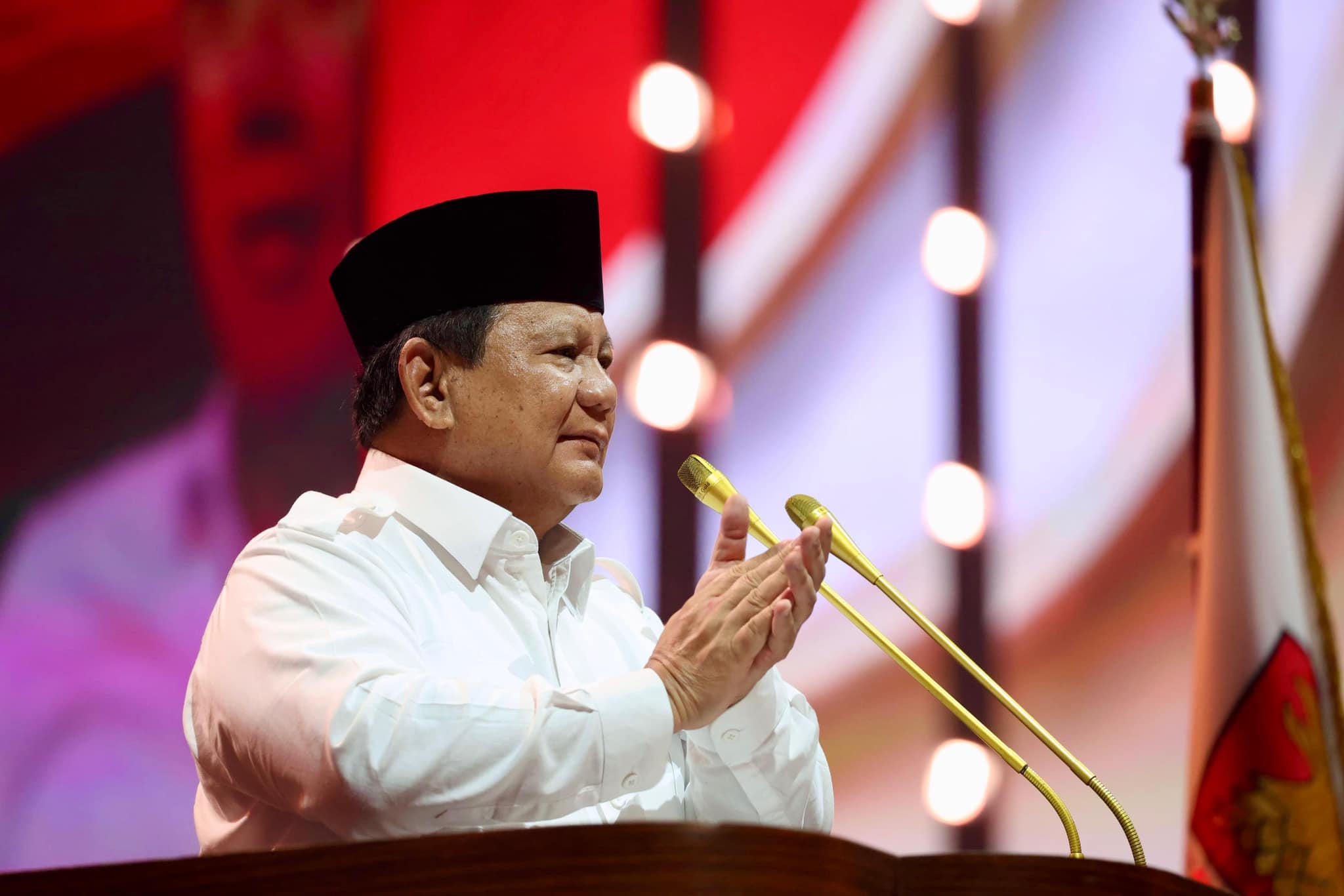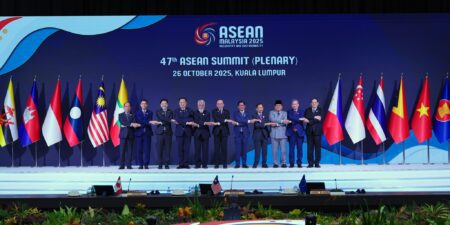The BGA Indonesia Team wrote an update to clients on how policy uncertainty has led to market volatility in Indonesia.
Context
- Indonesian stocks plunged 7 percent at one point on March 18 before closing 3.8 percent lower — the sharpest fall in three years. The Indonesian Stock Exchange (IDX) suspended trading for 30 minutes, its first such halt since the pandemic in March 2020. This decline continues a broader trend, with the index down 11 percent year-to-date and 20 percent over the past six months.
- The selloff, which contrasted with gains in regional and global markets that day, underscores growing financial sector and investor unease over policy uncertainty under President Prabowo Subianto’s administration — concerns that had already unsettled Indonesian conglomerates and multinational companies alike. While the IDX Composite is on the rebound, this is a moment to dissect the policymaking dynamics fueling market turmoil and assess how Prabowo’s leadership style is driving investor uncertainty.
Significance
- In January, the government abruptly announced an 8.5 percent spending cut, affecting nearly all ministries and agencies. The move was poorly communicated, leading to weeks of uncertainty before it was revealed that the savings would be redirected to Danantara. Further unsettling markets, the president also canceled a planned VAT hike from 11 percent to 12 percent at the last minute, disrupting key fiscal projections.
- An Organization Economic Cooperation and Development report released on March 17 downgraded Indonesia’s growth forecast from 5.2 percent to 4.9 percent, reinforcing concerns that the country faces stagnation in stark contrast to the government’s 8 percent growth ambitions and the rapid GDP expansion in neighboring Vietnam and the Philippines. The downgrade aligns with broader economic warning signs, including mass layoffs in the manufacturing sector, reports of a shrinking middle class and the first instance of deflation in more than two decades — signaling softening demand.
Implications
- President Prabowo campaigned on mainstream pro-poor policies (free meals, affordable housing) and, just five months into his term, holds an astonishing 80 percent approval rating for advancing these initiatives. However, he has also shown a pattern of making spontaneous, broad-based concessions, including popular but costly initiatives such as canceling the 2025 value-added tax (VAT) hike, expanding electricity subsidies and granting debt forgiveness for small businesses.
- Despite President Prabowo’s stated ambition to attract high-quality foreign direct investment, recent policy shifts have fueled concern among global firms and market analysts. The administration’s policymaking is shaped by three key characteristics— “man-of-the-people” approach, extreme political inclusivity, and a hard line on select priorities. This combination has defined Prabowo’s first five months: exceptional political stability and high approval ratings but also rising uncertainty — even frustration — among investors.
We will continue to keep you updated on developments in Indonesia as they occur.
Best regards,
BGA Indonesia Team

BowerGroupAsia






















